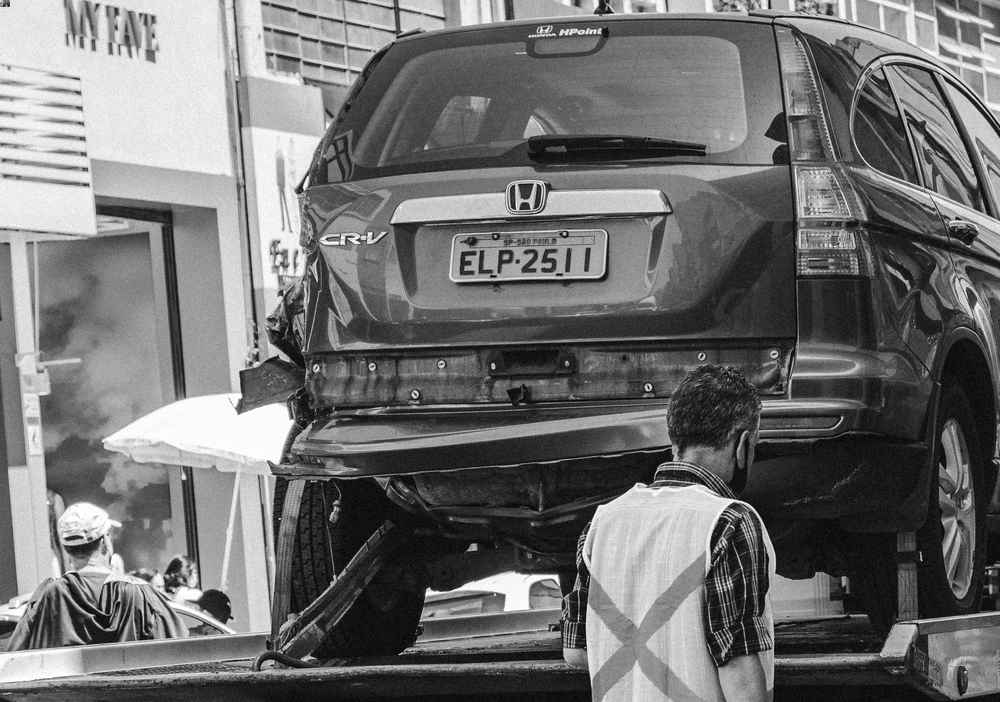Knowing what to do after a auto accident that’s not your fault is essential. It saves you from extensive legal problems and helps to ensure you receive the compensation you deserve.
Dealing with an insurance provider is stressful enough when it’s your own. If you have to contact an at-fault driver’s provider, you have to deal with an aggressive team of lawyers and insurance adjusters.
Below, we look at some guidelines to help you understand what to do after a car accident.
Steps to Take After a Car Accident
To know what to do after a car accident that’s not your fault, you need to know certain steps. These steps help to protect your interests in the event the at-fault driver doesn’t report the incident. Moreover, it protects you in case they make a false statement and attempt to shift the blame.
Immediately After the Wreck
First, do your best to remain calm. Then, make sure that you are okay and get medical treatment for any injuries. Call 911 if anyone needs emergency attention or to go to a hospital.
If everyone seems okay, call the local police and request an officer. At the scene, they can put together an accident report that helps to solidify your claim. Additionally, if another has an injury, don’t move that person unless they are in immediate danger. When it’s safe to do so, move your vehicles to the side of the road or shoulder of the highway.
Gather Evidence
If your accident is clearly the fault of the other driver, the negligent driver must report the accident to their insurance provider. However, you should not trust that they will make a full report. So, it’s important to have evidence from the scene of the accident.
This helps you prove what caused the accident. Before you leave the scene, gather a good amount of evidence.
- Document the damage to the vehicles
- Take photos of injuries
- Document the weather conditions
- Take photos and video of the surrounding area
- Contact information of the other driver and any witnesses
- The at-fault driver’s insurance information
The Police Report
As mentioned earlier, it’s important to contact local law enforcement. This particularly helps when fault is unclear. Additionally, the police report serves as leverage to support your claim and reach a settlement.
A Written Record
When you get home or have the time, write down your memory of the incident while it is still fresh. As it concerns what to do after a car accident that’s not your fault, this mainly applies to those with less severe injuries. Medical attention and safety come first, always.
When you are able to, write down the essential details in a note. This helps to preserve your memory of the crash.
Partner with an Attorney
Before you speak to anyone from your own insurance company or that of the negligent driver, it’s important to have an advocate on your side. Schedule a consultation with an experienced car accident lawyer in your area.
At your evaluation, they can give you a clear idea of your legal options as well as help you build your claim and maximize your settlement.
Contacting Your Insurance Provider
It’s a good idea to work with your attorney to contact your insurance provider. When you have an attorney on your side, they handle all communication with the insurance companies as well as any other legal representation other parties may have. This allows you to focus on recovery.
If the negligent driver’s insurance provider denies your claim, your lawyer contests the decision. With the right evidence, they leverage the situation in your favor to ensure you have the compensation necessary to address your damages.
Work With a Personal Injury Lawyer Houston Trusts
If you are unsure of what to do after a car accident that’s not your fault, it’s always a good idea to schedule a free consultation with an attorney. With the right lawyer on your side, you have an advocate to pursue and protect your best interests. Moreover, they guide you through the process and help you understand your legal options.
At Herbert Trial Law, our personal injury attorneys focus on the needs of our clients. In every claim, our goal is to ensure you have what you need to move forward with your life. For a free case evaluation, contact our firm today.

